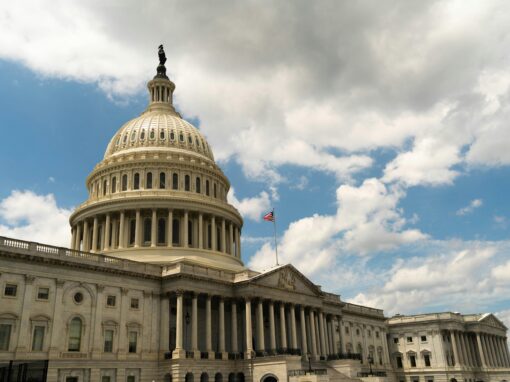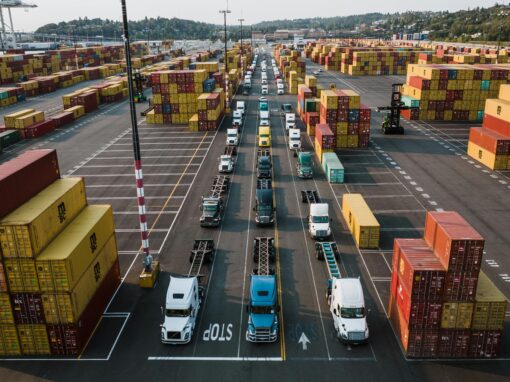The Business Council for Sustainable Energy advocates for policies that support a diverse portfolio of energy options in the United States and ensure access to affordable, reliable, and clean energy solutions.
Building a modern energy system for the 21st century
To lead in the 21st century, the United States needs a modern energy system. Americans rely on reliable clean energy and the infrastructure it powers: cellular networks, pipelines, data centers, hospitals, first responders, and water and sewer treatment. Improved electric transmission and distribution infrastructure supports cleaner, more resilient, and affordable power and enables the transition to electric vehicles.
Efficient and urgent deployment of energy resources
Reforming and expanding capacity for permitting and siting processes at all levels
Modern and expanded energy infrastructure
Upgrading America’s infrastructure for resilience to more frequent and intense extreme weather
Workforce development
Recruiting a diverse and qualified workforce with good-paying clean energy jobs
BCSE’s advocacy efforts focus on enacting policies to expand and modernize energy infrastructure, including federal permitting and siting reform, as well as measures to make the electric grid better able to manage load and integrate new energy resources.
U.S. energy infrastructure needs reform of regulatory timelines and processes in order to accelerate the pace of energy expansion and meet rising demand.
In 2024 alone, 317 GW of new capacity applied to interconnect in the seven U.S. independent system operators, representing nearly a third of the current installed U.S. power system.
Endorsed Policies
Related Policy Actions
- Comments on DOE’s Speed to Power Initiative (November 19, 2025)
- Comments to the Federal Energy Regulatory Commission Regarding Co-Location of Large Loads (April 23, 2025)
- BCSE and CEBN Letter to Congressional Leadership on Protecting IRA and IIJA Investments in Debt Ceiling Negotiations (May 12, 2023)
- BCSE Comments on the Draft Guidance to Inform Maintaining and Enhancing Hydroelectricity Incentives (February 28, 2023)
- Joint Request for DOE Grid Resilience Correction Related to Microgrids in the Implementation of the IIJA (February 23, 2023)
View More
- Comments in Response to the Department of Energy Draft Guidance Document for the Clean Hydrogen Production Standard (CHPS) (November 9, 2022)
- Comments in Response to the Department of Energy RFI on the Grid Resiliency and Innovation Partnerships Program (October 14, 2022)
- BCSE Comments in Response to the Federal Energy Regulatory Commission’s Proposed Rulemaking on the Building for the Future Through Electric Regional Transmission Planning and Cost Allocation and Generator Interconnection (August 17, 2022)
- BCSE Comments in Response to the U.S. Department of Energy’s Office of Clean Energy Demonstrations Request for Information on Energy Storage Demonstration Projects (June 16, 2022)
- BCSE Comments in Response to the U.S. Department of Energy’s Request for Information Regarding Establishment of a Transmission Facilitation Program (June 13, 2022)
- BCSE and FPCC Comments to the U.S. Department of Energy’s Request for Information on Energy Improvements at Public School Facilities (May 20, 2022)
- BCSE Submission to the U.S. Department of Energy Request for Information on Designing Equitable, Sustainable and Effective Revolving Loan Fund Programs (May 6, 2022)
- BCSE Comments to the U.S. Department of Energy on 2022 Regional Clean Hydrogen Hubs Implementation Strategy (March 21, 2022)
- BCSE Comments to the U.S. Department of Transportation on the Development of Guidance for Electric Vehicle Charging Program and Charging and Fueling Infrastructure Program (January 28, 2022)
Infrastructure News
Market Trends & Factbook
The 2025 edition of the Sustainable Energy in America Factbook provides up-to-date, accurate market intelligence about the broad range of industries that are contributing to the country’s move toward more efficient energy usage and cleaner energy production.





